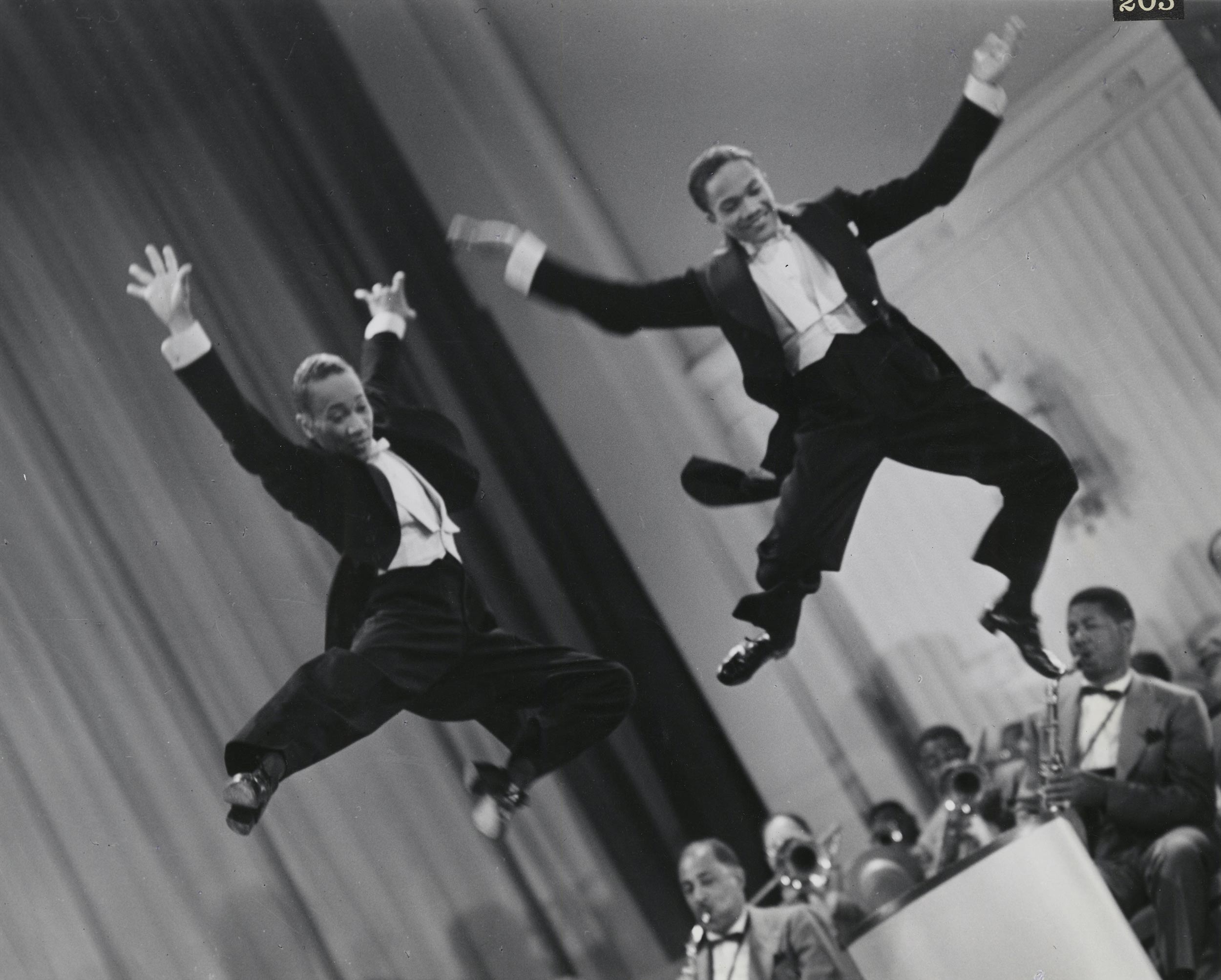Overview

Credits
Academy Museum of Motion Pictures Board of Trustees
Ted Sarandos
Chair
Miky Lee
Vice-Chair
Kimberly Steward
Secretary
Jim Gianopulos
Treasurer
Patricia Bellinger Balzer
Jason Blum
Arnaud Boetsch
Laura Dern
David Dolby
Sidonie Seydoux Dumas
Sid Ganis
Olivier de Givenchy
Ray Halbritter
Tom Hanks
Dawn Hudson
Bill Kramer
David Linde
Eva Longoria
Ryan Murphy
Dominic Ng
Katherine L. Oliver
Alejandro Ramírez Magaña
David Rubin
Regina K. Scully
Emma Thomas
Kevin Yeaman
Contributors
Doris Berger
Donald Bogle
Cara Caddoo
Rhea L. Combs
Terri Simone Francis
Michael Boyce Gillespie
Whoopi Goldberg
J. Raúl Guzmán
Shola Lynch
Ron Magliozzi
Ellen C. Scott
Jacqueline Stewart
Digital Initiatives
Gary Dauphin
Lauren Girard
Erwin Hines
Yosuke Kitazawa
Kit Masaracchia
Adriana Siu de Olaso
Emily Rauber Rodriguez
Mike Schiro
Agnes Stauber
Chandini Tirunagaru
Connor Uretsky
Mike Vazquez
Savannah West
Dan Yalg








